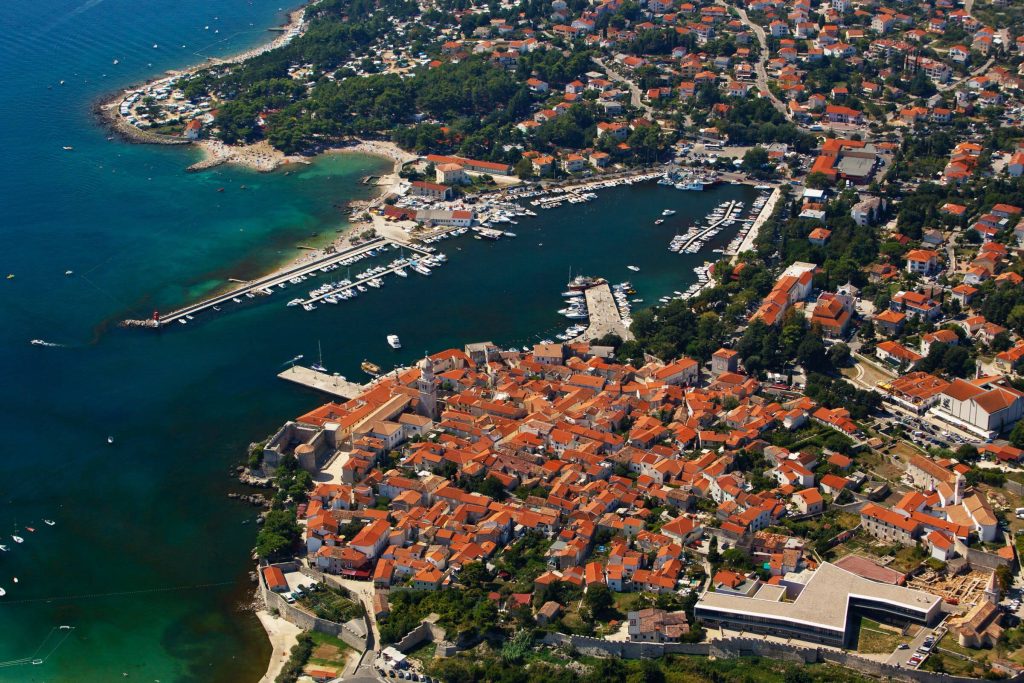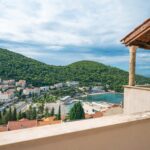Seven local self-government units (LGUs) on Krk have acquired the status of a candidate for a “zero waste city/municipality,” which is the first step towards full certification of best practices in the EU, reports HRTurizam.
Association Zelena akcija and utility company Ponikve eko otok Krk held a press conference in the city of Krk where seven local self-government units from the island of Krk (City of Krk and municipalities Omišalj, Vrbnik, Baška, Dobrinj, Punat, Malinska – Dubašnica) adopted the Decision on implementing “Zero waste” strategies for maximum waste reduction and increased reuse, recycling, and composting.
For years, the island of Krk has been at the very top of separate waste collection and sustainable disposal in Croatia, despite the great challenges due to the very pronounced tourist seasonality. The logical next step is to join the international zero waste strategy, which promotes the achievement of high goals by implementing several effective measures following the public interest, environmental protection, and priorities in the waste management hierarchy.
According to the Green Action Association, the decision defines ambitious five-year targets of 70 percent of separately collected waste and a reduction in the amount of residual waste from 235 kg to 150 kg per capita (including tourists).
In addition, the utility company Ponikve will ensure the conditions for implementing various models of reducing the amount of waste generated on Krk. Green Action prepared an analysis for local self-government units on Krk with recommendations for further development of a sustainable waste management system. By implementing these recommendations and meeting the defined goals, LGUs on Krk will become even more recognizable in the society of European best practices in waste management and gain the conditions for full certification, awarded by the Zero Waste Europe network.
The plan is to prepare a study of the impact of tourism on the waste management system and to implement activities to promote home composting, distribution of composters, and quality education of citizens.
The island of Krk has long been a leader in the green economy. Therefore, it is not just about the above-mentioned project but about the strategic decision of the island to be as energy-independent as possible.
Thus, through the IKRE project – Krk Island Renewable Energy supports the island of Krk on its way to becoming CO2 neutral and energy independent. The partners are the City of Krk and EARA – European Asbestos Risk Association, and the project manager is Eko Kvarner.
The project financed from the EUKI fund is being implemented from 2018 to 2021. It is part of a broader sustainability strategy for the island of Krk, whose common goal of achieving zero CO2 emissions by 2030 is supported by all island units of local self-government.
The project goal is to reduce greenhouse gas emissions. Reducing dependence on energy derived from fossil fuels contributes to this goal, specifically by installing (at least) 250 small solar power plants on the roofs of private houses. An information office was established through the project to advise citizens on solar power plants and energy efficiency. As a partner, EARA has the role of education and expert advice on coordinated actions to remove asbestos boards and install solar panels. Within the project, training for installers of photovoltaic systems is also planned.
Krk thus becomes a model of sustainability and successful energy transition to other islands and an example that carbon neutrality and tourism should not be mutually exclusive.
For more, follow our lifestyle section.










